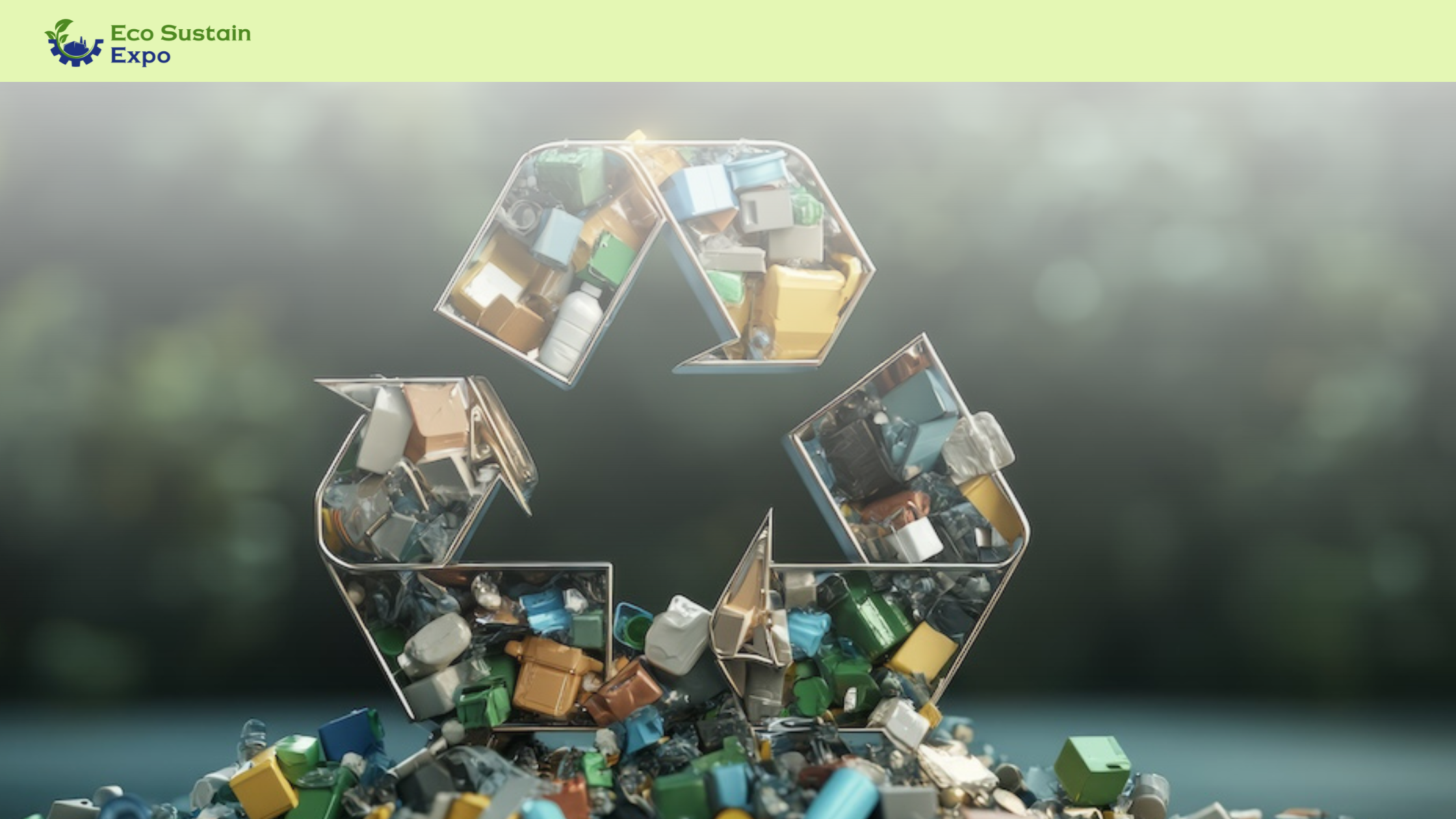Waste Management and Recycling Innovations for a Sustainable Future
Introduction
The increasing population and rapid urbanization have brought a significant rise in waste generation. Proper waste management and innovative recycling techniques are essential to ensure a sustainable future for our planet. This article explores the latest innovations in waste management and recycling, offering insights into how technology, government policies, and community efforts are shaping a greener tomorrow.
What is Waste Management?
Waste management refers to the collection, transportation, processing, recycling, and disposal of waste materials. It aims to reduce the harmful impact of waste on the environment and human health.
Importance of Waste Management
Effective waste management is crucial for maintaining a clean environment, conserving resources, and reducing pollution. It also plays a vital role in minimizing the adverse effects of waste on ecosystems and human health.
Types of Waste
- Solid Waste : Includes household garbage, plastics, and paper products.
- Liquid Waste : Consists of wastewater, oils, and chemicals.
- Hazardous Waste : Comprises toxic chemicals, batteries, and medical waste.
- Organic Waste : Includes food scraps, garden waste, and biodegradable materials.
Challenges in Waste Management
- Improper Disposal Methods
- Lack of Awareness
- Insufficient Recycling Facilities
Innovative Waste Management Techniques
- Smart Waste Bins
Equipped with sensors to monitor waste levels and optimize collection schedules.
- Waste-to-Energy Conversion
Converting non-recyclable waste into electricity and heat.
- IoT-Based Waste Collection Systems
Using IoT devices to streamline waste collection processes.
Role of Recycling in Waste Management
Recycling is the process of converting waste materials into new products to reduce the consumption of raw materials.
Benefits of Recycling
- Conserves Natural Resources
- Reduces Landfill Waste
- Saves Energy
- Lowers Greenhouse Gas Emissions
Modern Recycling Innovations
- Plastic Recycling Technologies
Advanced techniques like chemical recycling and biodegradable plastics.
- E-Waste Recycling
Recycling electronic devices to recover valuable materials.
- Biodegradable Plastics
Developing plastics that break down naturally without harming the environment.
Role of Technology in Waste Management and Recycling
- Artificial Intelligence (AI): Automated waste sorting and data analysis.
- Blockchain for Waste Tracking: Secure and transparent tracking of waste disposal.
- Robotics in Waste Sorting: Automated sorting of recyclable materials.
Corporate Social Responsibility (CSR) in Waste Management
Companies are increasingly adopting sustainable practices as part of their CSR initiatives, helping to promote environmental conservation.
Zero Waste Philosophy
Zero waste aims to eliminate all forms of waste through recycling, composting, and sustainable product design.
Waste Management in Developing Countries
Developing countries face unique challenges in waste management, such as lack of infrastructure and funding. Innovative solutions like community-based recycling programs can address these issues.
Future Trends in Waste Management and Recycling
- Circular Economy
- Advanced Recycling Technologies
Conclusion
Waste management and recycling innovations are vital for creating a sustainable future. With the integration of technology, community participation, and government support, we can significantly reduce the environmental impact of waste and move towards a zero-waste society.





